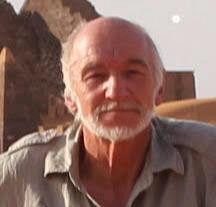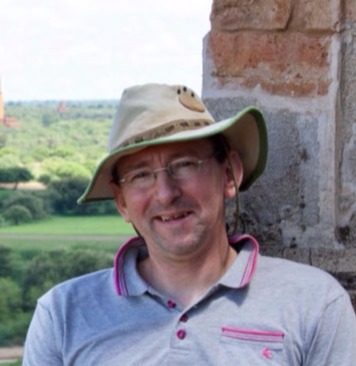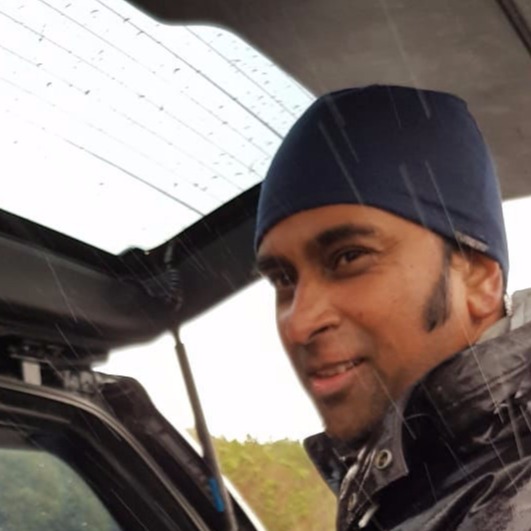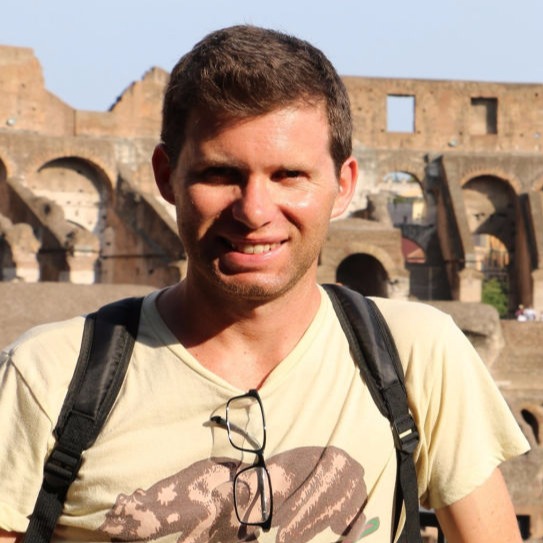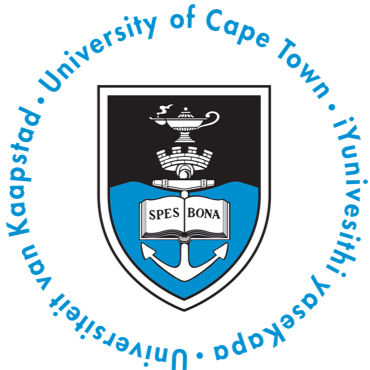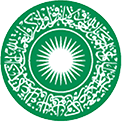
The Aga Khan University, Institute for the Study of Muslim Civilisations, London
The Aga Khan University (AKU) was inaugurated in 1983 and today the University has campuses in six countries, Afghanistan, Kenya, Pakistan, Tanzania, Uganda, and the United Kingdom. The focus at AKU is on Health Sciences and Education, and the University is part of the Aga Khan Development Network (AKDN).
The Institute for the Study of Muslim Civilisations was founded in 2002, as an educational and research unit within the Aga Khan University (International). The Institute advances the University’s commitment to academic excellence and social development. AKU- ISMC’s ambitious remit is to carry out excellent research and teaching that can enable future and current leaders to effectively address complex challenges facing the world.
Research at the Institute concentrates on issues critical to contemporary societies, including those that may be controversial relatively unexplored within Muslim contexts. Many of the most intractable challenges facing people in the Muslim world, revolve around highly contentious topics that can be difficult to discuss openly in many of the political and cultural contexts in which they matter. Basing the Institute in London was therefore a strategic decision to ensure that free and open debate would be enabled. London’s long tradition of freedom of thought and expression make this the ideal city for our Institute that bridges so many different parts of the globe.
The Institute promotes scholarship that opens new perspectives on Muslim heritage, modernity, culture, religion, and society. AKU-ISMC scholarship is interdisciplinary and diverse and includes anthropology, archaeology, economics, history, law, literary studies, sociology, international relations and political sciences. The Institute has an impressive track record of securing external research funding, including projects carried out in collaboration with other universities and non-academic partners.
The Institute for the Study of Muslim Civilisations is committed to widening participation and promoting scholarship that opens new perspectives on the diversity of the Muslim world. As an overseas campus of the Aga Khan University (International), itself a branch of the Aga Khan Development Network, we offer world class education, research, and outreach that aims to improve the world for current and future generations.
